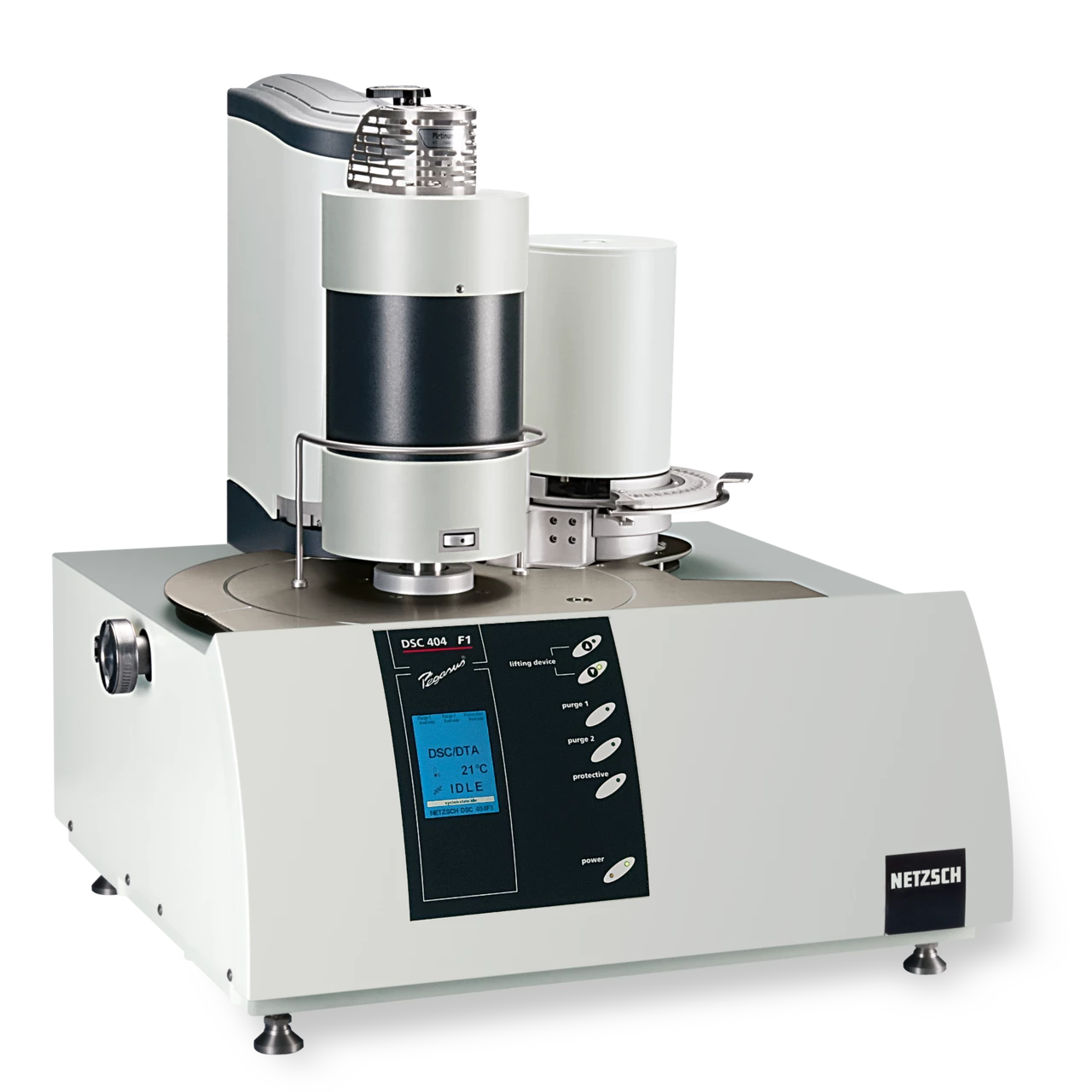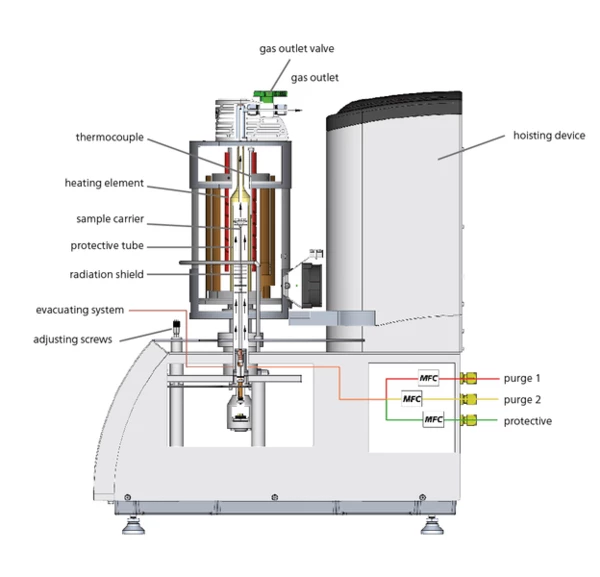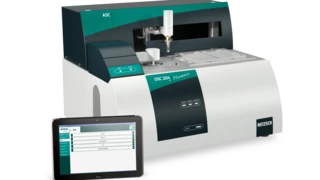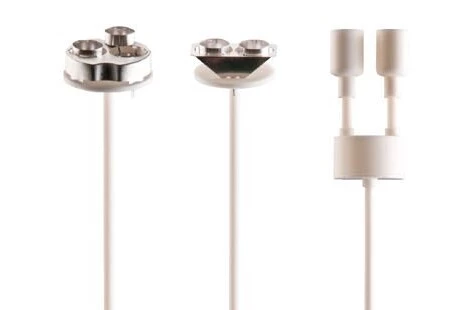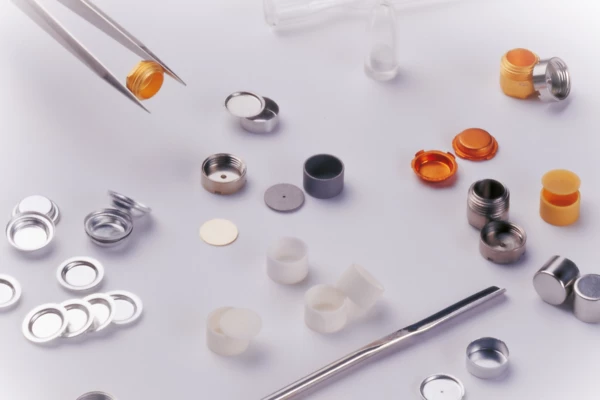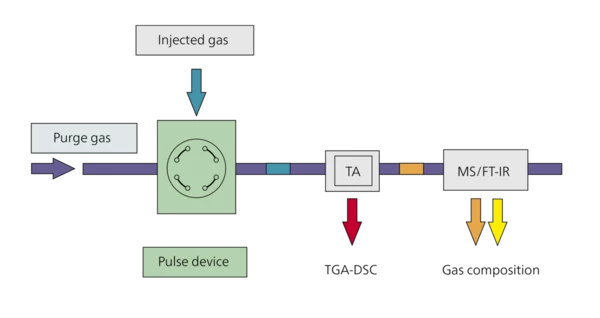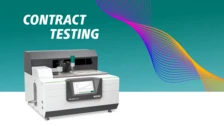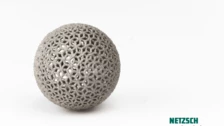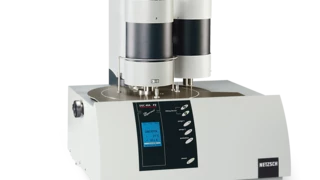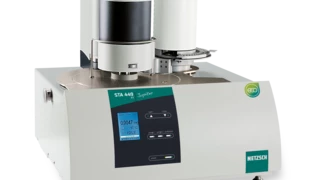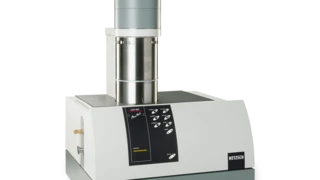Fascinating Flexibility in Thermal Analysis
The DSC 404 F1 Pegasus®, High-Temperature Differential Scanning Calorimeter, is designed for the exact determination of specific heat of high-performance materials at high temperatures.
- Determination of thermodynamic properties of ceramics and metallic high-performance materials
- Performance of quantitative enthalpy and cp determinations in a pure gas atmosphere
- Vacuum-tight up to 10-4 mbar for creation of highly pure atmospheres for tests on materials sensitive to OxidationOxidation can describe different processes in the context of thermal analysis.oxidation
- Characterization of amorphous metals, shape memory alloys and inorganic glasses
This DSC 404 F1 Pegasus® stands for highest flexibility, excellent quality and optimal performance.
The DSC 404 F1 Pegasus® comprises a high-capacity heat flux DSC for highly sophisticated application measurements.
The concept of the DSC 404 F1 Pegasus® allows configuration for up to eight different furnace types, easily interchangeable by the user, for a wide temperature range within -150°C to 2000°C (please see accessories).
We offer diverse sensors for DSC and DTA measurements, various crucible types as well as a great variety of technical accessories.
The coupling to a FT-IR or MS is possible without problems.
An important hardware extension, like the automatic sample changer (ASC) for up to 20 sample and reference crucibles, and software features, such as BeFlat® for an optimized baseline or the optional temperature modulation of the DSC signal (TM-DSC) make the DSC 404 F1 Pegasus® the most versatile DSC system for research & development, quality assurance, failure analysis and process optimization.
The DSC 404F1 Pegasus®is the ideal tool for your daily laboratory work.

Request a Quote
Technical Data
A graphite furnace with W/Re sensors
Extension
Optional available is the TM-DSC software feature
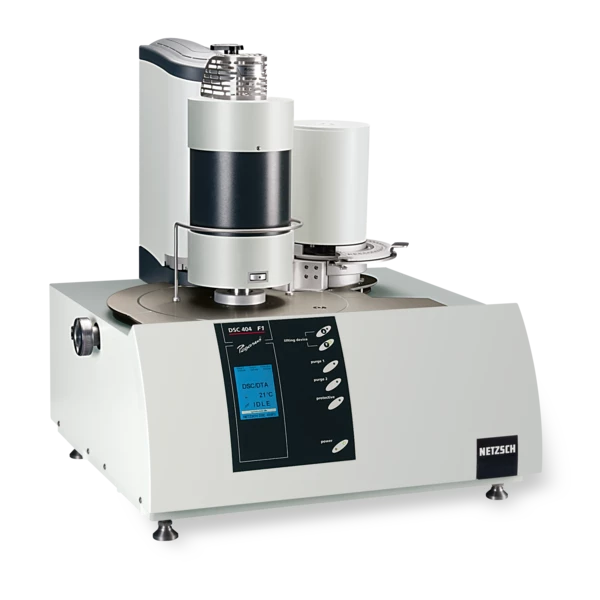
The DSC Specific Heat Capacity (cp)Heat capacity is a material-specific physical quantity, determined by the amount of heat supplied to specimen, divided by the resulting temperature increase. The specific heat capacity is related to a unit mass of the specimen.cp sensors enable extremely accurate determination of the specific heat:
RT to 1400°C: ± 2.5%
RT to 1500°C: ± 3.5%
An automatic sample changer (ASC) for up to 20 samples and references is available (option).

